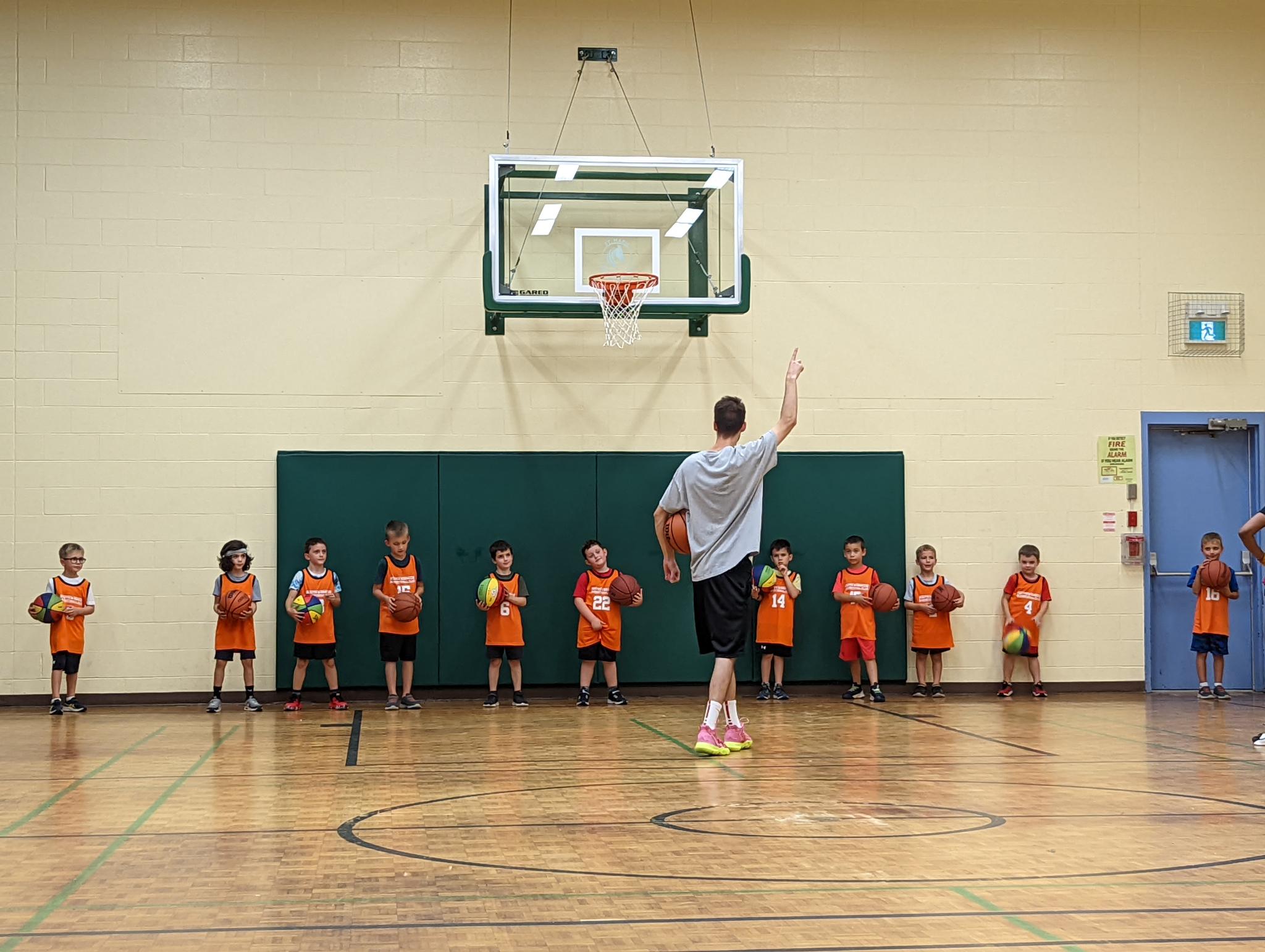Introduction
The basketball court is a place where dreams are born, skills are honed, and victories are earned. For many young players, the glory of making the game-winning shot or executing a perfect defensive play is what fuels their passion. However, the true secret to success in youth basketball lies in the countless hours spent working hard when nobody is watching. It is during these unseen hours that young players can truly develop their skills, build character, and establish a strong work ethic.
The Importance of Unsupervised Practice
1. Developing self-discipline
Unsupervised practice helps young players cultivate the discipline needed to succeed in basketball and beyond. By committing to practice when no one is watching, they learn the value of perseverance, time management, and accountability. These essential traits will not only benefit them on the court but also in their academic, professional, and personal lives.
2. Fostering creativity and problem-solving
When practicing alone, young players have the freedom to experiment with new techniques, hone their individual skills, and troubleshoot issues without the pressure of a coach or teammates watching. This trial-and-error process encourages creativity and problem-solving, which will ultimately lead to a more adaptable and resourceful player on the court.
3. Building confidence and resilience
Facing challenges and overcoming obstacles on their own instills a sense of self-reliance and confidence in young players. By working through difficult drills, they learn to trust their abilities and develop the resilience needed to overcome setbacks in games and life.
4. The power of deliberate practice
In his book “Outliers,” Malcolm Gladwell popularized the concept of the “10,000-Hour Rule,” which suggests that mastery in any field requires at least 10,000 hours of practice. While this number is not set in stone, it emphasizes the importance of deliberate practice in skill development. By committing to focused practice during the unseen hours, young players can accelerate their progress and reach their full potential.
Tips for Maximizing the Unseen Hours
1. Set specific goals
Establishing clear, measurable goals provides a roadmap for improvement and helps maintain motivation during solo practice sessions. Young players should identify specific skills they want to improve and create a plan to achieve those goals.
2. Embrace the process
It is important for young players to understand that progress is a gradual process. They should celebrate small victories, learn from setbacks, and stay committed to their goals, even when improvement seems slow.
3. Seek feedback
Although solo practice is essential, young players should also seek feedback from coaches, teammates, and family members. This feedback can help them identify areas for improvement and refine their practice routines.
4. Stay consistent
Consistency is key when it comes to skill development. Young players should establish a regular practice schedule and stick to it as much as possible.
Conclusion
The unseen hours are the foundation upon which success is built, both on and off the court. By working hard when no one is watching, young basketball players can develop the skills, discipline, and resilience needed to excel in their sport and in life. So, as you lace up your sneakers and head out to the court
